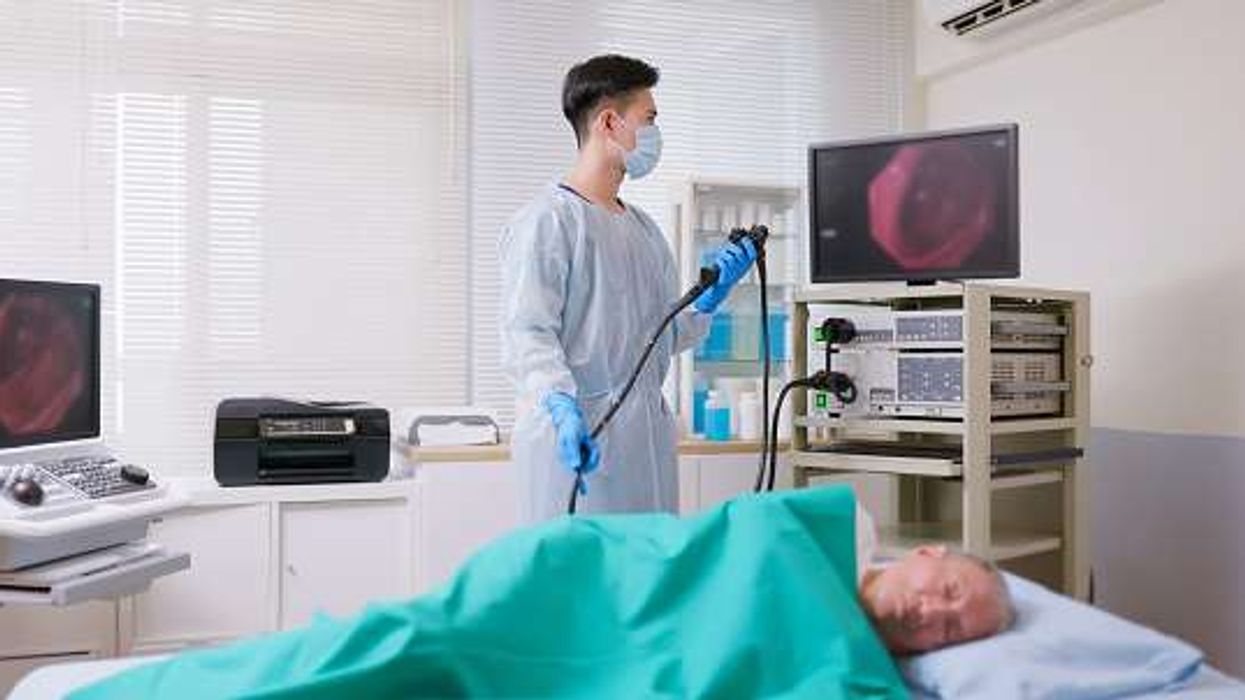Key Summary
- NICE backs five AI tools to improve early bowel cancer detection
- The systems spot polyps during colonoscopies, helping doctors catch cancer sooner
- Consultation is open as the UK expands investment in AI cancer diagnostics
National Institute for Care and Health Excellence (NICE) has conditionally recommended five smart technologies for NHS use that can help doctors detect bowel cancer early.
They are expected to act as a “second pair of eyes” for the doctors during bowel examinations.
CAD EYE, ENDO-AID, Endoscreener, GI Genius and MAGENTIQ-COLO are the five tech recommendations made by NICE’s independent advisory committee, while more evidence needs to be collected.
These AI tools watch the live camera feed during a colonoscopy and can spot polyps by studying thousands of images.
When the software sees a polyp, it alerts the doctor, and helps doctors in spotting polyps they might miss.
“By helping to spot more polyps, these tools could potentially save lives by catching problems before they develop into cancer,” said Dr Anastasia Chalkidou, HealthTech programme director at NICE.
Health Innovation Minister Dr Zubir Ahmed said, “When I started out in the NHS 20 years ago, I never imagined this sort of healthcare could be possible.”
Bowel cancer is the fourth common cancer in the UK and affects 42,000 people annually.
An early detection can potentially save 9 out of 10 bowel cancer patients.
The government has already made a £2.4 million investment for an AI blood test that can spot cancer with over 99 per cent accuracy, in support of research to detect bowel cancer.
NICE has begun a consultation on the draft recommendations, and suggestions are welcome until December 11, 2025.













